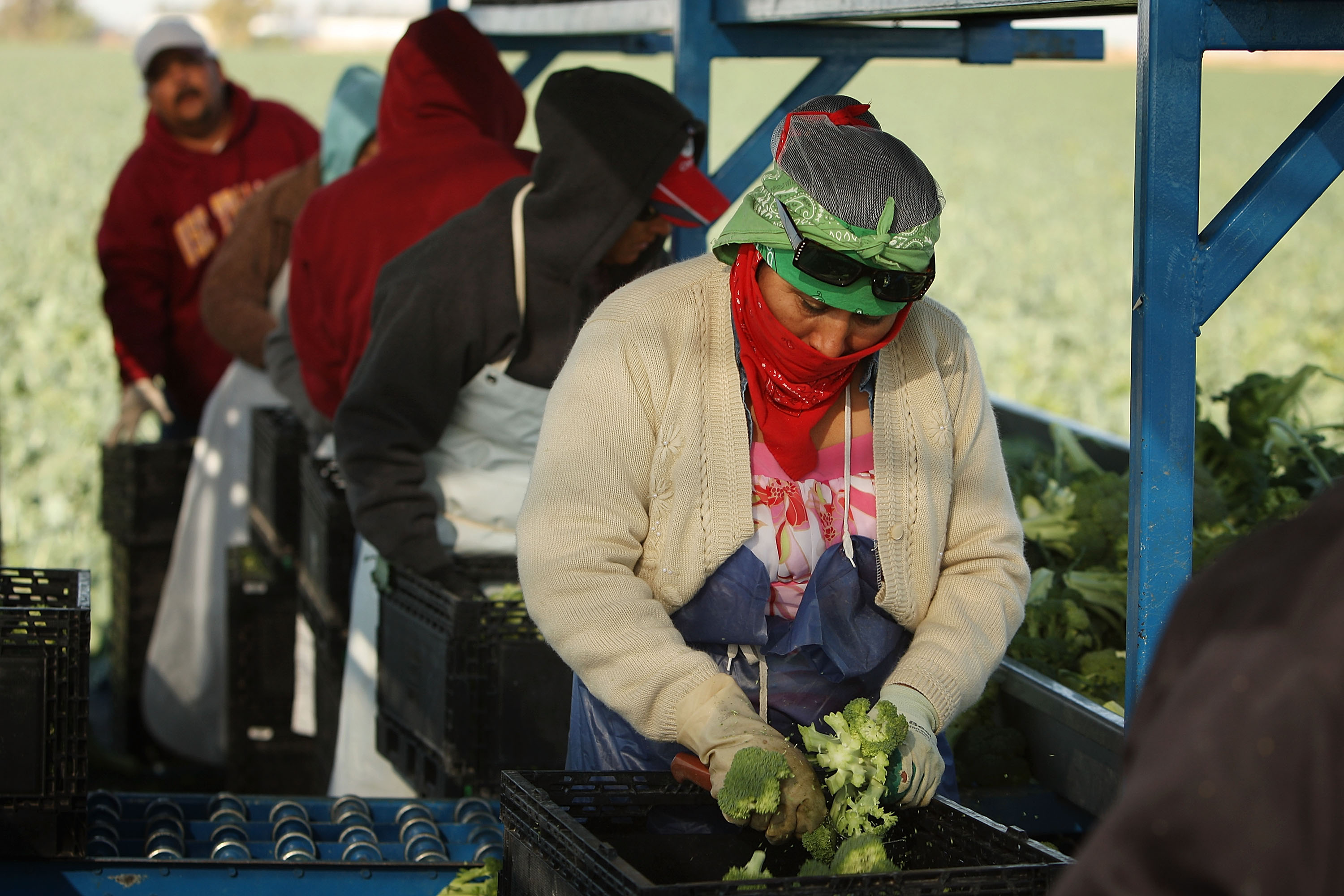Recent data shows that along with black communities, Latinos are the minority group most impacted by the coronavirus. In New York, Latinos are dying at twice the rate of white individuals, a grave statistic that reflects the health disparities, as well as economic and social gaps that run rampant in America. The U.S. Bureau of Labor Statistics reported that only roughly 16% of Latino workers are able to telecommute, which means many of them don’t have the luxury to practice shelter-at-home and social distancing methods because they need to make ends meet.
Across the country, Latinos are still supplying labor for agricultural industries, farms, and processing plants, forming the infrastructure and driving the food supply Americans need in order to survive the current pandemic. However, as NBC Latino reports this week, several deaths in meat processing plants highlight the precarious position many workers are putting themselves in to do their jobs. Three workers—Saul Sanchez, 78, Eduardo Conchas de la Cruz, 60, and Tibursio Rivera López, 69—died this month after contracting coronavirus at a plant in Greelay, Colorado.
Their deaths led the plant to shut down for mandatory cleanings and worker screenings. It also stoked worries about what would happen to the country’s food supply if more workers get sick, but the bigger takeaway should be that the conditions for these employees remain hazardous. Advocates have urged employees to provide more masks, gloves and other protective material, plus coronavirus tests and benefits such as paid leave and assistance, in order to risk the spread of the virus and show a commitment to worker safety.
“These are essential frontline workers. They are just as important as doctors and nurses, but they are not being treated that way,” Domingo Garcia, president of League of United Latin American Citizens (LULAC) civil rights group, told reporters this week, according to NBC.
In California, thousands of farmworkers were given a designation as essential workers in order to keep doing their jobs. However, that status still doesn’t offer them safety, nor has it compelled all farm owners to protect the people they employ, even when they risk spreading the virus by sharing rides, eating together and sharing homes.
Civil rights workers, including 90-year-old Dolores Huerta, have been raising awareness and urging the country to do more for the people who are “out there every single day to feed the nation.” Huerta recently explained that many of the workers do not have unemployment and have been rendered “invisible” by the labor system. If serious precautions aren’t taken, the numbers of COVID-related deaths in the Latino community are only going to get more devastating.
